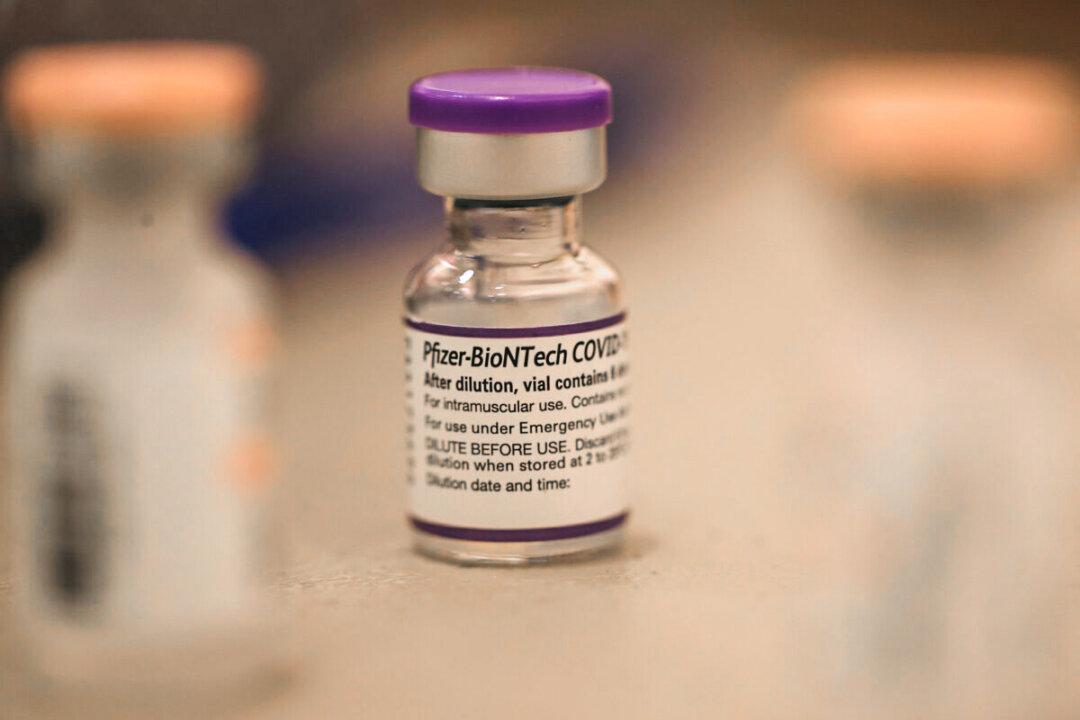The UK’s 16- to 17-year-olds can expect to be offered a second dose of the Pfizer-BioNTech COVID-19 vaccine soon, with the government’s independent vaccines advisory committee making the recommendation on Monday.
The Joint Committee on Vaccination and Immunisation (JCVI) also recommended mRNA booster doses for all adults aged 40 to 49 years in a televised briefing.





